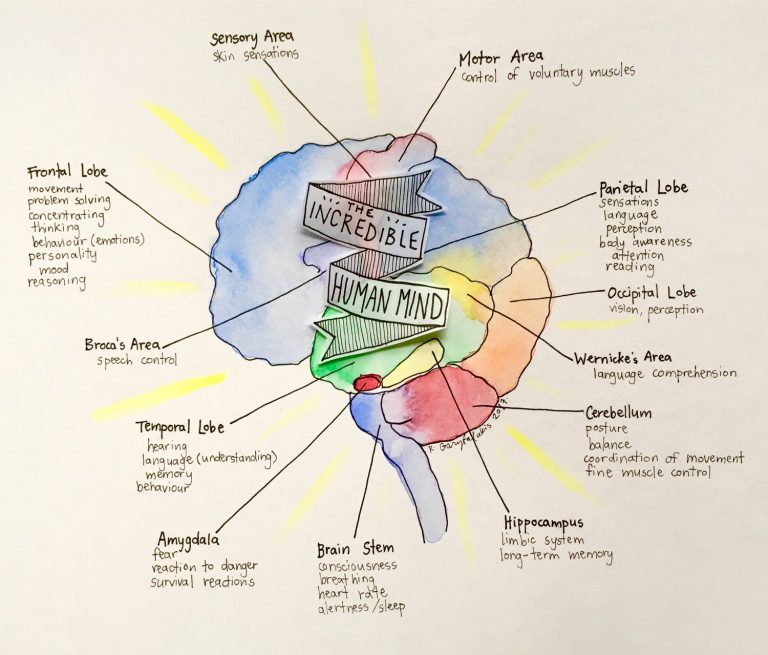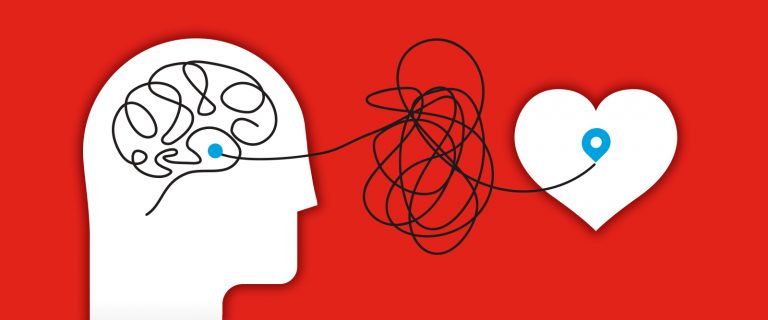GP Mental Health Care Plans – Pros and Cons
GP Mental Health Care Plans (MHCPs) can help people access mental health services at a reduced cost. When you plan to start mental health treatment, including counselling, this is often what is suggested. But they also have downsides. Below we discuss the pros and cons.
Pros of Mental Health Care Plans:
- They give you access to 6 sessions at a time[1] (up to 10 sessions over a calendar year, but temporarily extended to 20 due to Covid-19[2]) with a psychologist/social worker or similar.
- If your psychologist or social worker bulk bills, the sessions will be free. But in reality, very few do. So it’s more likely the sessions will cost you a gap fee. The Australian Psychological Society’s recommended scheduled fee is $267 for up to one hour.[3] The current Medicare rebate under a MHCP is $88.25.[4] So your out-of-pocket cost could very well be over $150 per session.
Cons of Mental Health Care Plans:
- There is only a limited number of sessions so you can exhaust them very quickly where you are working through trauma.
- You need a mental health disorder diagnosis to be able to get a MHCP.[5] This means you will have a mental disorder diagnosis on your medical records. Some people are concerned that having a diagnosis will mean they are treated differently. It could also impact their insurance (life/professional indemnity) or mean their treatment providers make assumptions about them.
- Only certain types of therapies are allowed to be used under a MHCP, so this limits the type of treatment you can receive.[6]
- You can’t self-refer. Your GP will likely refer you to their usual pool of psychologists or social workers, so you may not get a choice about who you see.
- Following completion of the therapy, the psychologist/social worker you see is required to write a report back to your GP.[7] Therefore, you lose the right to full confidentiality. Further, if you are involved in legal proceedings, sessions under a MHCP show up on a Notice of Charge document which means that your opponent is able to track down what treatment you are receiving and from who. This makes it easier for them to subpoena your records.
- Psychologists/social workers who accept MHCPs tend to be in short supply so you may end up going on a lengthy waitlist to receive treatment.
Counsellors cannot accept MHCPs, but we don’t consider that a downside. Our clients are able to self-refer, choose their own practitioner, choose their own treatment, come to as many sessions as they need, not receive a diagnosis that might pigeonhole them or affect other areas of their life, and not have their treatment on their medical records. Plus, our fees are often less than what a client would have to pay as a gap fee under a MHCP.
While psychologist, social workers and counsellors have commonalities in their work, counsellors are specialist clinicians in their own right.
If you want more information on MHCPs and the pros and cons, feel free to get in contact with us and we will be happy to answer any questions.
[1] https://www.healthdirect.gov.au/mental-health-treatment-plan
[2] https://www.health.gov.au/news/health-alerts/novel-coronavirus-2019-ncov-health-alert/ongoing-support-during-coronavirus-covid-19/looking-after-your-mental-health-during-coronavirus-covid-19-restrictions
[3] https://psychology.org.au/for-the-public/about-psychology/what-it-costs
[4] http://www9.health.gov.au/mbs/fullDisplay.cfm?type=item&q=80000&qt=item&criteria=psychologist%20Mental%20Health%20Care%20Plan
[5] https://www.health.gov.au/initiatives-and-programs/better-access-initiative?utm_source=health.gov.au&utm_medium=callout-auto-custom&utm_campaign=digital_transformation
[6] http://www9.health.gov.au/mbs/fullDisplay.cfm?type=item&q=80100&qt=item&criteria=psychologist%20Mental%20Health%20Care%20Plan
[7] http://www9.health.gov.au/mbs/fullDisplay.cfm?type=item&q=2712
- New Parents and Mental Health - 10 October 2022
- Trauma Informed Practice: What is it and how do we do it - 28 July 2022
- Interoception – How trauma impacts our sixth sense - 15 July 2022





